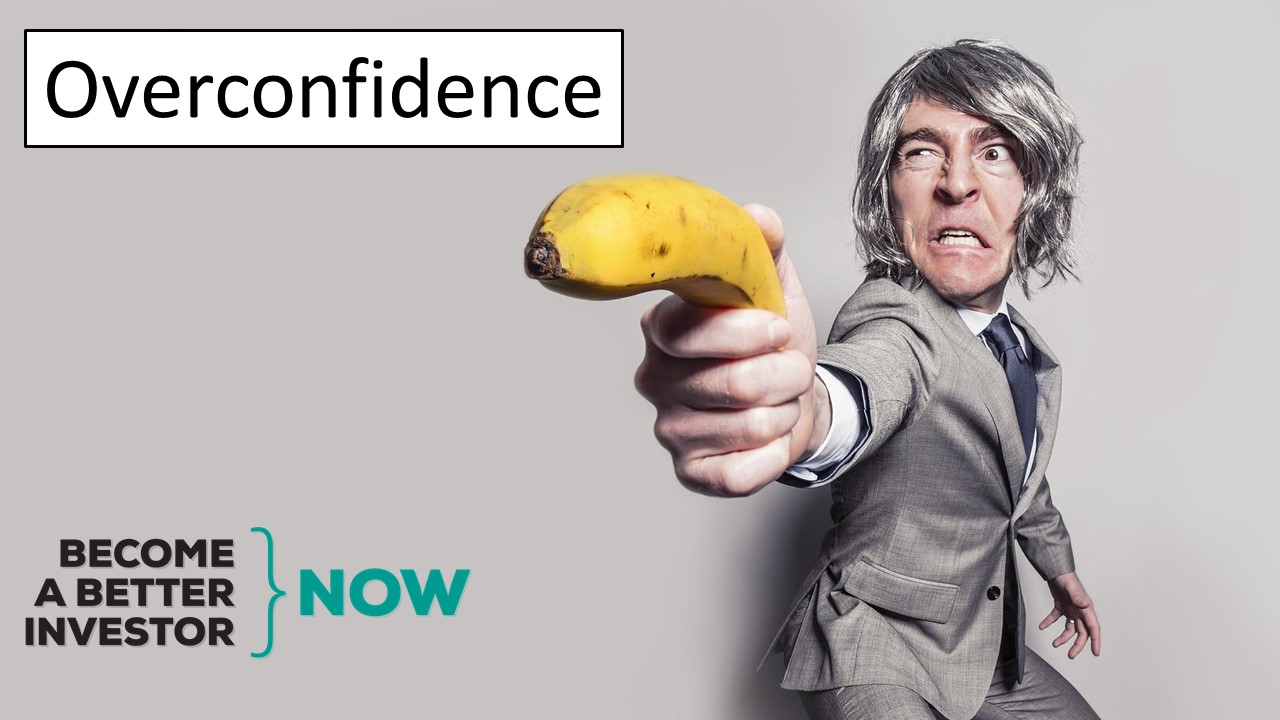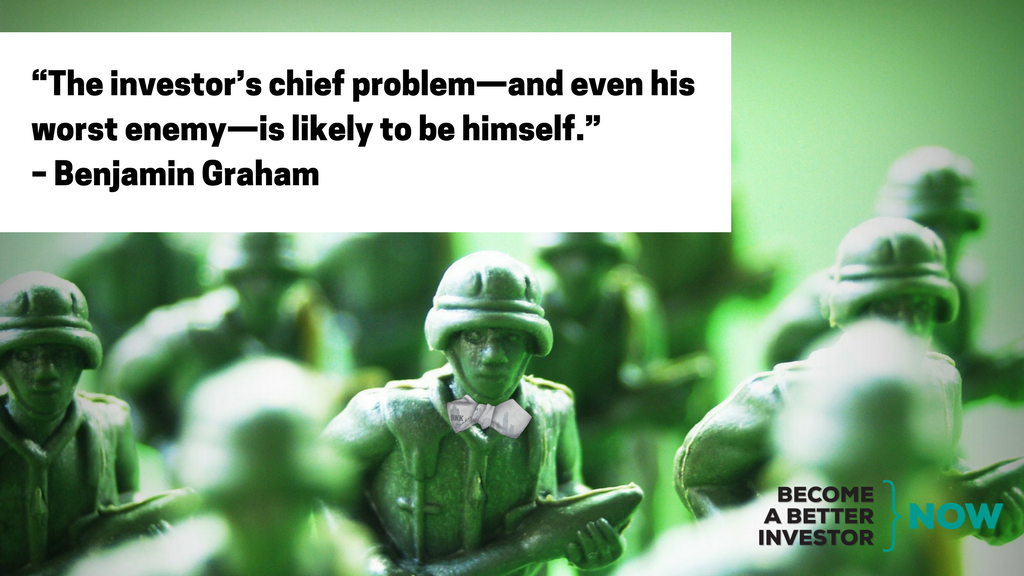The Illusion of Overconfidence | Overconfidence
How to recognize overconfidence
Have you ever met that guy who always has the answer for everything and is certain about being right? Or worked with that colleague who thinks he’s (sorry, but these ‘guys’ are usually ‘he’) invaluable for the company, but actually anyone at the firm could do his job better?
Did you know that 93% of Americans are above-average drivers? At least, that is according to themselves. 😉
These are all examples of overconfidence.
What is overconfidence?
It may sometimes seem hard to draw the line between mere confidence and overconfidence, but basically, overconfidence means that you are more confident in your abilities and judgments than is objectively true.
What is objectively true isn’t always easy to determine, but let’s have a look at some research examples where there is no doubt about it being a case of overconfidence. We’ll look into three different distinctions of overconfidence: overprecision, overplacement, and overestimation.
Overprecision
Soll and Klayman (2004) found that answers within a 90% confidence interval—a range of estimated values—only contain the right answer about 50% of the times. You can test this theory with your friends easily.
Ask them to give you an interval estimate that they’re 90% certain includes the correct answer. Ask something like “How long is the Mekong river?” or “When did Genghis Khan die?” It should be a question for something they’ve heard of and have an idea about, but are unlikely to know the exact answer about.
What you’re likely to find doing this survey, is that many of your friends will give quite narrow intervals, often not including the correct answer, even though they might not really have an idea about the correct answer.
Overplacement
Zenger (1992) found that 37% of engineers rank themselves in the top 5% of performers in their field. But how can 37% of engineers all be in the top 5% for best performance? Correct, this is impossible. This is also math an engineer should certainly be able to do. 😉
Svensson carried out a study in 1981 concluding that 93% of American and 69% of Swedish drivers rate themselves as above average drivers. Again, this is too impossible to be true.
We generally like to look at ourselves in a positive light—which is not wrong in anyway—just be aware that you risk overplacing yourself in relation to others, when in fact you’re just succumbing to a positive illusion.
Overestimation
According to Clayson (2005), most students overestimate their performance on exams. Though much scarier, Christensen-Szalansky and Bushyhead (1981) found that many physicians overestimate the accuracy of their diagnoses.
In the world of investments, Odean released a paper in 1998 and then followed up in a 2000 paper together with Barber, where they showed that overconfident traders hold undiversified portfolios and trade more; which leads to worse performance.
Overestimation is also behind the illusion of control; when you think you have the power to affect the outcome of something, but in reality you actually have little or no real impact at all.
Why is overconfidence a problem?
Overconfidence can impact your assessment of the quality of the information you have and your ability to act on it. As you can see from the studies referenced above, overprecision can be an issue as people are more confident about the accuracy of their answers than is actually the case. While overplacement makes you think that you’re better than others, when in fact you may not be. As investing in the stock market is a zero-sum game—there is always a winner and a loser in a trade—overplacement may make you believe you’re smarter than other market participants. If that’s the case, you’ll end up losing money. And if your doctor is not as good as he or she thinks they are, you might end up dead.
As Barber and Odean pointed out, to overestimate your own abilities can lead to excessive trading and holding only a few stocks in your portfolio. Most of the time, such behavior simply leads to you losing your money in the market.
How to deal with overconfidence
Admit that you are overconfident, be humble, do your research, and accept that you don’t know it all. Awareness and admittance of overconfidence are the most important steps to beating it, because only then can you begin overcoming it. Question yourself and others to make sure that a decision is not made in overconfidence. Construct an investment framework based on research and sound principles. Always strive to learn more and develop your strategy, don’t get too comfortable even when things are working out well for you. It’s hard (maybe even impossible) to remain on top if you stop adapting and evolving, but it’s easy to keep that perception—making you overconfident.
Read more books of the Behavioral Bias Bible
DISCLAIMER: This content is for information purposes only. It is not intended to be investment advice. Readers should not consider statements made by the author(s) as formal recommendations and should consult their financial advisor before making any investment decisions. While the information provided is believed to be accurate, it may include errors or inaccuracies. The author(s) cannot be held liable for any actions taken as a result of reading this article.


